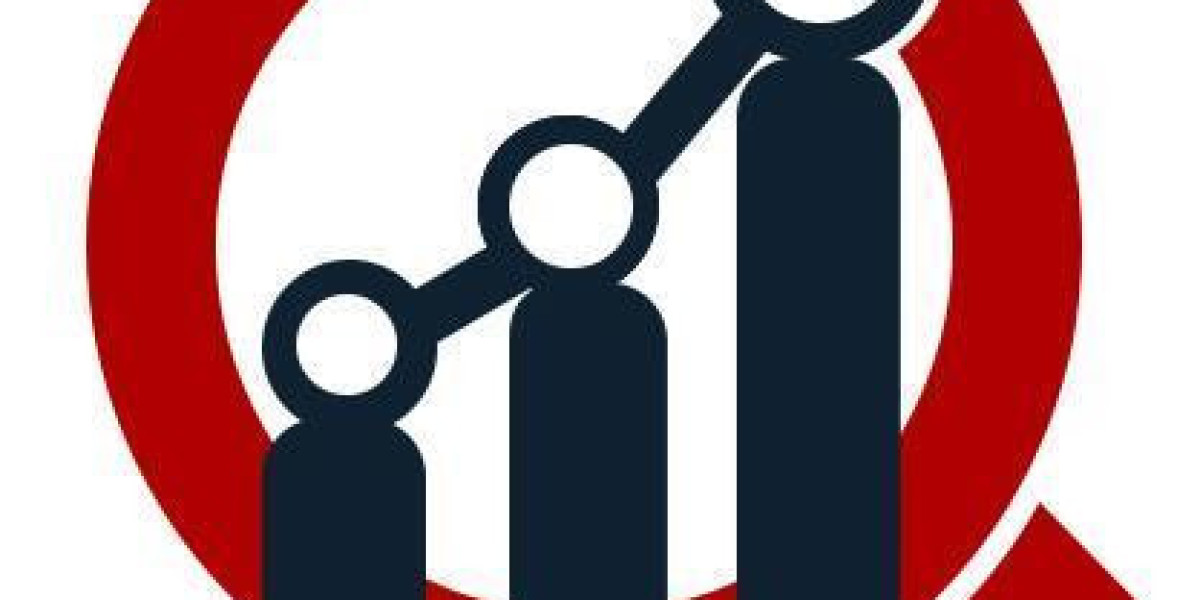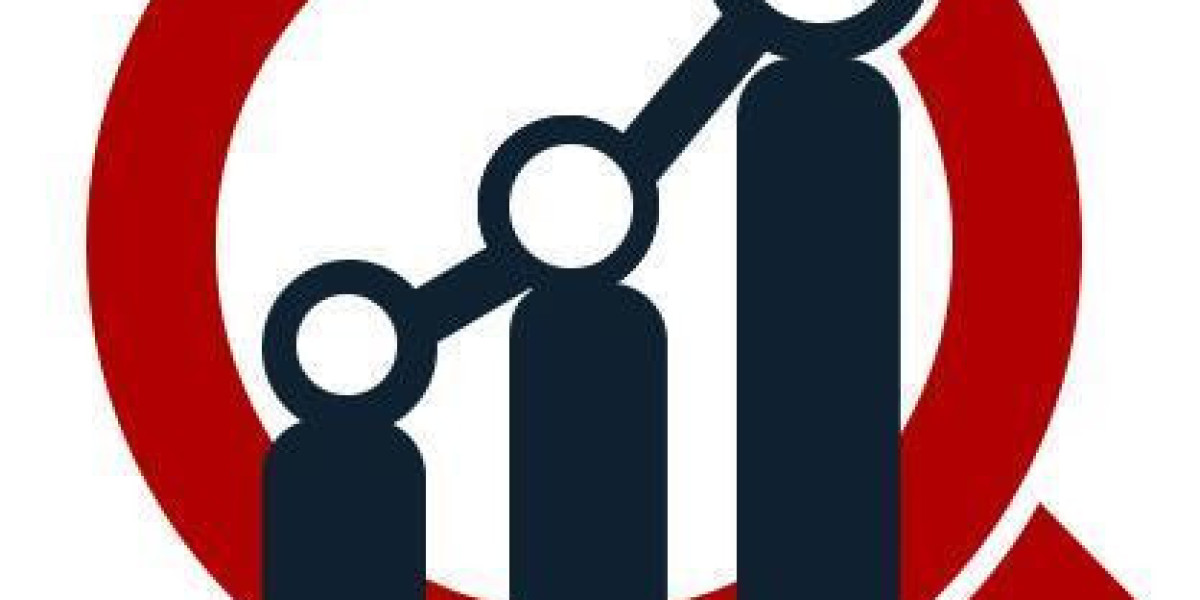Gender Specific Treatment is a type of drug treatment model that caters to the unique needs of men and women. While all quality addiction treatment programs work to address the root causes of an individual’s substance abuse, many gender-specific treatments also provide a safe and supportive environment that helps patients build a strong recovery network.
Gender-specific treatment is a model that addresses the differences between males and females, including their different biological and psychological reactions to substance use. Gender-specific treatment may take place in a residential facility, outpatient program or combination of both. Gender-specific treatment can be more effective than coed treatments, because it removes distractions that may cause addicts to lose focus on their recovery journey.
It is believed that women face more barriers to treatment than men, which leads them to seek help less frequently and often in primary care or mental health settings instead of specialized addiction treatment programs. This can contribute to poorer outcomes for women when they do seek care. Gender-specific treatments allow women to feel comfortable discussing sensitive issues and addressing personal concerns in their recovery, such as domestic violence or sexual trauma.
Women and men have a variety of gender-specific problems that bring them to addiction, some of which can be discussed only in the company of members of their own gender. For example, only other women can understand the emotional battles that come with pregnancy and motherhood. Women-only groups are also a good choice for discussion of intimate relationships, sexual problems and other issues that may not be appropriate in mixed-gender group therapy sessions.
Men tend to be more reluctant to enter treatment than women, and they also have unique issues that can lead them to struggle with substance abuse. These can include cultural views of masculinity, difficulty admitting a problem and feelings of shame or embarrassment, as well as family and employer pressure to address the issue. Gender-specific treatment programs can help men overcome these challenges, allowing them to open up and discuss their problems in a safe and supportive environment.
Gender-specific treatment can also help individuals develop relapse prevention plans that are tailored to their specific needs. For example, many women relapse due to relationship issues. A relapse prevention plan for these women might help them learn how to cultivate healthy relationships or leave unhealthy ones, or it might focus on their own self-care. Similarly, many men relapse due to job or financial stressors. Developing a relapse prevention plan for these individuals might involve learning how to manage their money, set boundaries with their employers or learn new skills to maintain employment.
While it is not entirely clear whether a coed or gender-specific treatment program is more effective, it is known that the latter tends to have higher success rates. This is likely because the gender-specific setting removes distractions that may interfere with an individual’s recovery journey and allows people to connect with other members of their own same-gender group in a more meaningful way.



